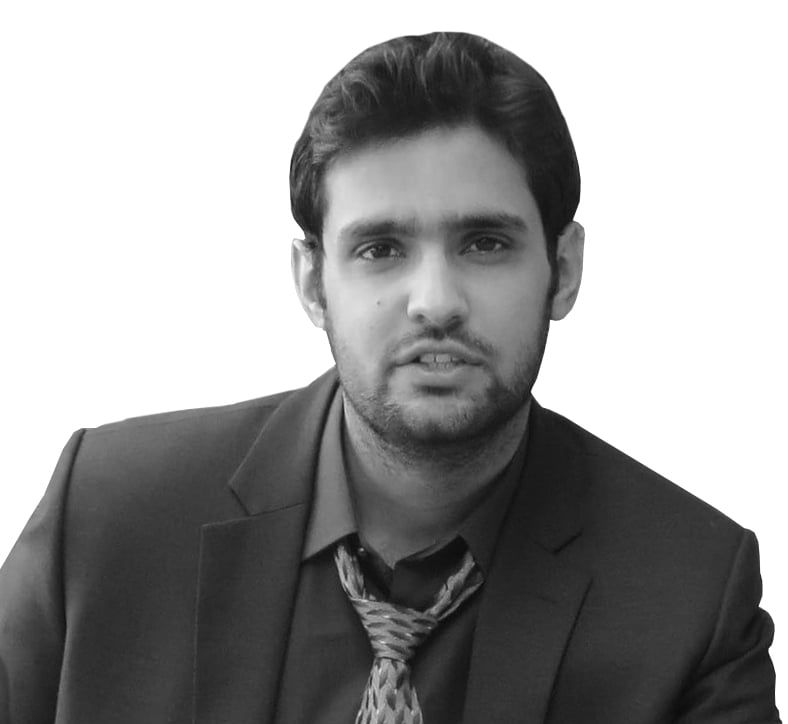Overcoming pandemic’s repercussions
On July 8, the United Nations Human Rights Council (UNHRC) adopted a resolution calling for the promotion and protection of all human rights, including civil, political, economic, social and cultural rights. “Peaceful protests have historically played a constructive social and political role in the development of more just, equal and accountable societies, and … can continue to make a positive contribution to … the full enjoyment of civil, political, economic, social and cultural rights,” reads the resolution.
The diverse focus on social, cultural and economic rights calls into focus China’s all-important championship of these freedoms in the lead-up to the resolution. It joined nearly 90 countries from the world in advocating for equitable recovery from the COVID-19 pandemic, making it clear that a united front against rising inequalities is best ensured when human rights are construed as multi-dimensional.
First, such an approach to social, economic and cultural rights is a key step to illuminating pre-existing socioeconomic challenges faced by developing powers. After all, there is a dire need to prevent widening structural inequalities on the back of the pandemic, given its continued role in disrupting the development balance between the rich and the poor.
China’s support for economic, social and cultural rights is thus in line with the spirit of global leadership needed to avoid what the United Nations itself called “a lost decade” for developing countries. Factoring their disproportionate exposure to COVID-19 shocks is key to a sustainable and equitable international recovery. The eight-page UNHRC resolution adopted this week gives human livelihoods an international perspective, and by extension, ends up advancing the cause of social, economic and cultural freedoms across ideological lines.
China’s attention to adverse risks faced by “vulnerable and marginalized situations” also strengthens the case for an international human rights imperative. After all, the absence of such advocacy at the UNHRC risks dividing progress on Sustainable Development Goals (SDGs). That includes a widening wealth gap: even before the pandemic began, over three billion people stood disadvantaged, highlighting the present need to prioritize the economic and social determinants of improved livelihoods, as illustrated through a recent joint statement backed by Beijing and dozens of countries.
Interestingly, Chen Xu, head of the Chinese Mission to the United Nations in Geneva, is correct to also appeal to the challenge posed by energy and food insecurities to resilient state recoveries. The absence of adequate energy supply alternatives to several developing economies is a key human rights challenge, coupled with strained food supply chains. These realities collectively justify China’s activism for developing states alongside dozens of countries at the UNHRC. It is a building block to ensuring that adequate tools exist to address the pandemic’s disproportionate and negative effects on populations keen to recover. Viewing these determinants of freedom, in line with the adopted UNHRC text, gives a holistic view of the North-South development gap.
From the perspective of a result-oriented human rights approach, it is a noble pursuit among nations to suggest an approach to countering the COVID-19 pandemic through the backing of international institutions. This is important as it challenges the notion that nations, in different development stages world over, should deal with the pandemic’s economic repercussions by largely depending upon themselves. China’s championship of post-pandemic economic recovery and true multilateralism has helped it maintain a strong rapport with developing economies, illustrating the potential for UNHRC to institutionalize its support for structural inequalities and nurture rapport on a global scale. By putting marginalized populations on the frontlines of the council’s equities and rights agenda, developing states stand a higher chance of partnering with their international counterparts to lessen the burden of poverty alleviation, and avoid a big miss in GDP per capita recovery.
Groupings such as the G7, constituting some of the leading Western economies, have sought to protect their economies from the blowbacks of sanctions, limited energy supply constraints, and can easily put together a consensus should their interests be threatened. Translating those defences into a global imperative, particularly for the underdeveloped economies, would be beyond the G7’s potential. UNHRC is the correct platform to call for a closing of international ranks behind equitable recoveries and uniformly upheld development rights.
Interestingly, at a time when the COVID-19 pandemic has left a yawning gap between the North and South, the China-backed joint statement and recent UNHRC protections raise a fundamental question: why should developing countries continue to shoulder disproportionate social, cultural and economic burden from the pandemic?
“We emphasize that the COVID-19 pandemic can be countered effectively only through international cooperation, unity, solidarity and collective action, based on a multilateral approach, and strong international institutions,” said Chen recently.
Understand that the world stands little chance of a stable and resilient post-pandemic recovery if “rights” are construed in isolation from the developing world’s social, cultural and economic determinants. Dozens of nations at the UNHRC already support a departure from that scenario. It brings attention to hard-fought gains on SDGs, and the risk of a reversal as developing countries largely cope with major constraints such as “an increasing liquidity crunch.”
And so, to fittingly address inequalities in the COVID-19 recovery process, nations are given a new incentive to factor the different development and recovery stages of developing economies, and coordinate progress in light of those constraints. In the words of UN Secretary-General António Guterres, we must act now to save lives and livelihoods over the next months and years.
The writer is a foreign affairs commentator and recipient of the Fulbright Award










